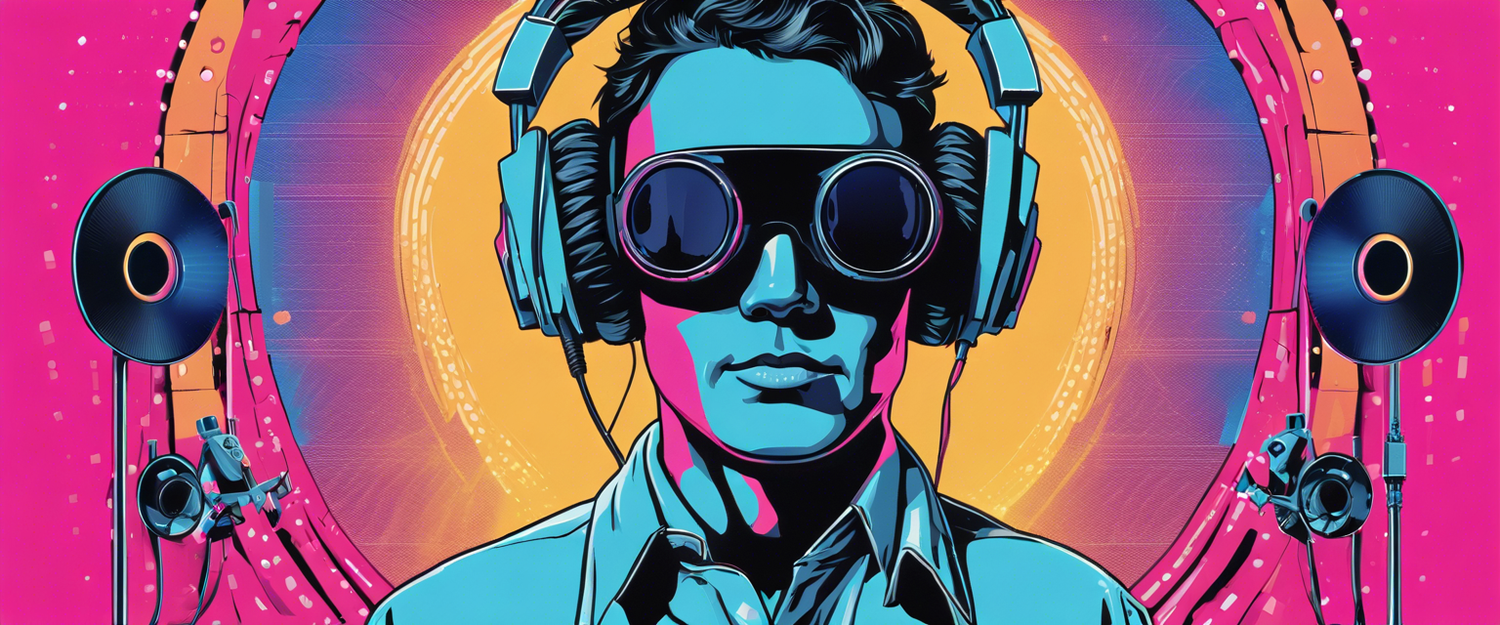AI Music Startups Suno and Udio Respond to Copyright Infringement Lawsuits
In a significant showdown within the music industry, AI music startups Suno and Udio have publicly declared their accusations against major record labels for attempting to suppress competition. This response follows copyright infringement lawsuits filed against them by the Recording Industry Association of America (RIAA) in June 2023, when they accused both companies of large-scale unlicensed copying of sound recordings.
The Lawsuit Details
The RIAA represents prominent players such as Universal Music Group, Sony Music Entertainment, and Warner Records, seeking damages of up to $150,000 for each infringing work. The core of the allegations is centered around the use of copyrighted materials in training AI models that are capable of generating music—a process that both Suno and Udio claim falls under the fair-use doctrine.
Understanding Fair Use
In their legal filings, both companies defended their practices by arguing that leveraging existing sound recordings as part of their training data to create new and original music constitutes fair use. Udio stated, "Helping people generate new artistic expression is what copyright law is designed to encourage, not prohibit." Similarly, Suno likened their model training to a child learning to write music by listening to it, positing that education through interaction with existing music is not copyright infringement.
Usage Statistics and Music Creation
Since its launch in December 2023, Suno's music generation tool has been used a staggering 12 million times. Users can easily create songs by providing written descriptions, drawing in music enthusiasts and creators. However, this innovative approach has led to concerns from the RIAA, with some tracks reportedly sounding like covers of songs from icons such as Bruce Springsteen and Michael Jackson.
Broader Implications for the Music Industry
The outcome of these lawsuits could have far-reaching consequences for the music industry, as other AI companies have also leveraged the fair-use defense amid copyright challenges. In response to concerns from the RIAA, advocates of the AI sector—including executives from major tech firms—have supported the idea that publicly available data can indeed be used responsibly to foster creativity and innovation.
Industry Response and Future Directions
In its response, the RIAA has butted heads with AI startups, suggesting that these companies have not adequately acquired the necessary rights to use copyrighted works for their market offerings. They argue that "there's nothing fair about stealing an artist's life's work." This has raised questions about the future of artistic expression in an age where AI can easily replicate and modify music.
Conclusion
As Suno and Udio challenge the legal framework around AI-generated music, this situation highlights the ongoing struggle between innovation and copyright in the music industry. The debates on what constitutes fair use continue to evolve as technology advances, putting original creators and new-age music makers at a crossroads. The outcomes of these lawsuits could ultimately shape the future landscape for both artists and AI developers.
Key Takeaways:
- AI startups are standing firm against copyright infringement lawsuits, claiming fair use.
- The RIAA argues that music generation technologies infringe on copyrighted material.
- This conflict signals possible shifts in how copyright laws will be interpreted in relation to AI technology.



コメントを書く
全てのコメントは、掲載前にモデレートされます
このサイトはhCaptchaによって保護されており、hCaptchaプライバシーポリシーおよび利用規約が適用されます。